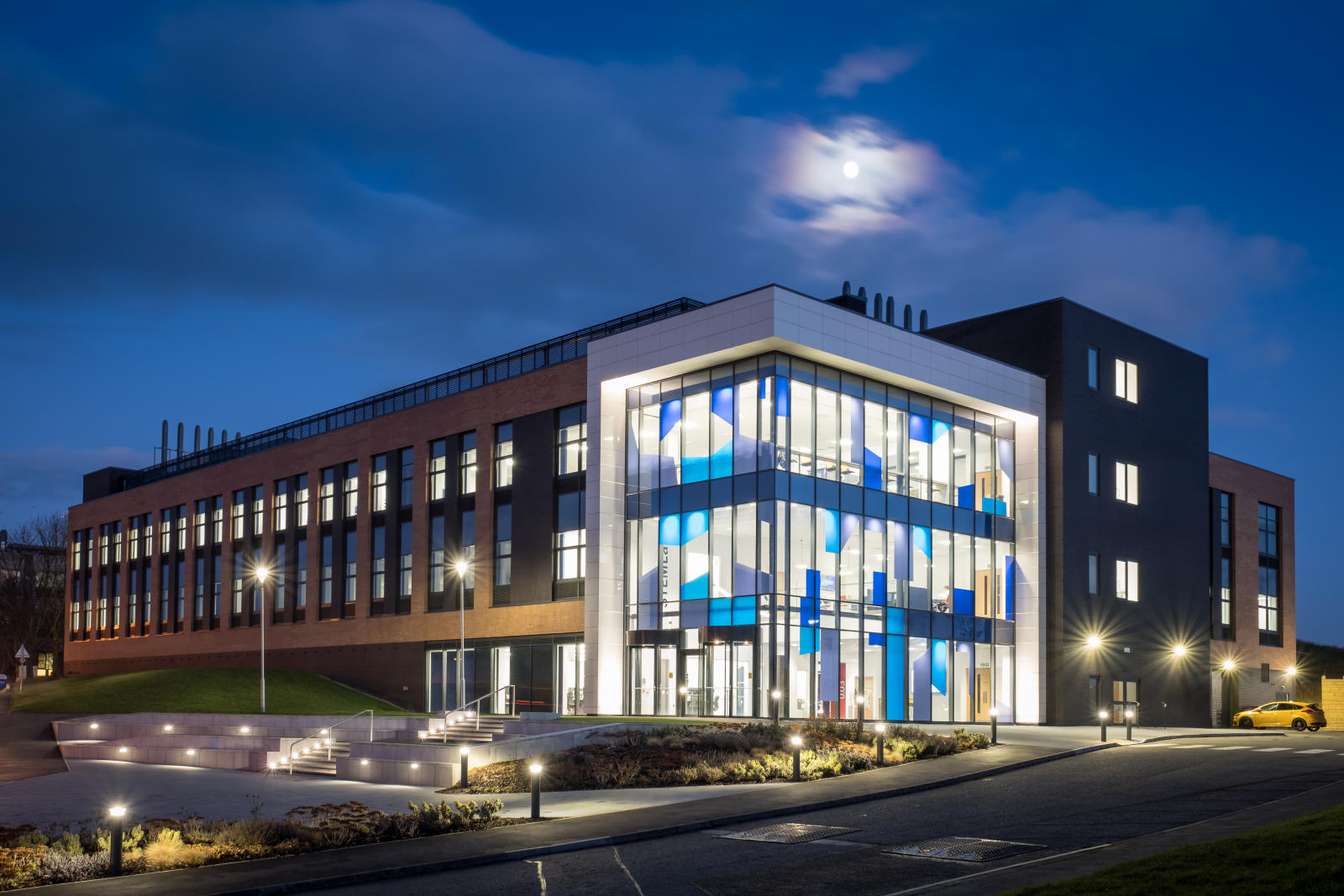The funding is one of three Phase One grants that has been awarded as part of the NC3Rs (National Centre for the Replacement, Refinement and Reduction of Animals in Research) 2020 Two Phase CRACK IT Challenge competition in Soft Tissue Regeneration after Traumatic Injury (STRATIS).
The team behind Loughborough's winning bid is made up of Professor Mark Lewis, Dean of the School of Sport, Exercise and Health Sciences (SSEHS), Dr Rowan Rimington, Lecturer in Neuromuscular Cellular Physiology, and Dr Andrew Capel, Senior Research Associate.
On securing the funding, Dr Rimington said:
"Following injuries that are caused by high-energy traumas, such as those resulting from military/combat environments, soft tissue is observed to continually degrade even once treated. This affects the recovery of the patient and has long-term implications for their ability to function in daily life.
“In this research, we aim to develop a laboratory grown soft tissue model of traumatic injury in humans, that creates new understanding in why soft tissue fails to recover in this situation.
“Identifying the biological processes that cause this issue, will allow us to test new targeted therapeutics that may be able to aid soft tissue regeneration in this setting.”
Dr Andrew Capel continued:
"Our group at Loughborough has significant track record in using in vitro tissue engineering techniques to investigate human musculoskeletal physiology at the cell level.
“However, a key aspect of this research is to ensure that this technology is broadly accessible to others in the field.
“We hope that by making these systems commercially available, we will be able to provide a human relevant alternative to the use of animals, while decreasing the time taken to propose new therapies.”
Speaking to the broader institutional alignment of this research, Professor Lewis added:
“The recent development and relocation of the Defence Medical Rehabilitation Centre (DMRC), from Headley Court in Surrey to Stanford Hall (situated 15 minutes from Loughborough University) has positioned the East Midlands at the forefront of rehabilitative medicine.
“This regional infrastructure will soon be supplemented by the development of the civilian National Rehabilitation Centre (NRC) on the same site (commencing 2023). Both these facilities provide patients (both military and civilian) with access to world leading teams of healthcare professionals working as part of a medical consultant-led team to support their rehabilitation, enabling them to return to their daily lives.
“To compliment this infrastructure, the School of Sport, Exercise and Health Sciences at Loughborough University is world-renowned in the field of health and exercise medicine and recognised as the #1 university in the world for sport-related subjects (QS Rankings 2017-2021). Consequently, the University has nurtured a strong working relationship with the military, enabling global challenges in the field of rehabilitative medicine, to be address collaboratively.
“This funded project through the NC3Rs fits within this remit, providing increased understanding of musculoskeletal injury and rehabilitation, leading to the development of future clinical therapies.”
CRACK IT brings together academia, industry and SMEs to develop innovative solutions into marketable products or services that will have significant impact across the bioscience sector.
On announcing the funding, the Centre explained:
"Animal models of wound healing to test novel wound therapeutics are invasive and do not fully reflect the tissue and wound healing pathophysiology in humans.
"Sponsored by Dstl and co-funded by Dstl and EPSRC, the aim of the STRATIS Challenge is to develop a human-relevant in vitro or ex vivo model that recapitulates the complex structures of skeletal muscle and the pathology of significant injury to them, to reduce the reliance on animal models."
For more information regarding the funding, please visit the NC3Rs website.
